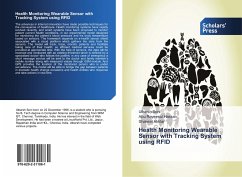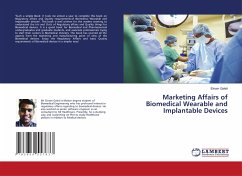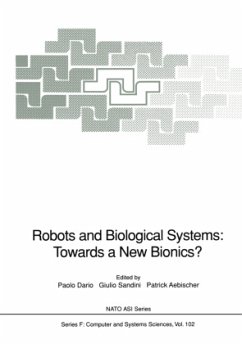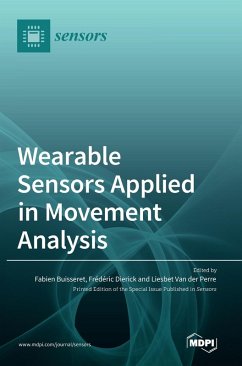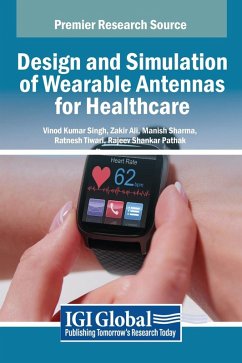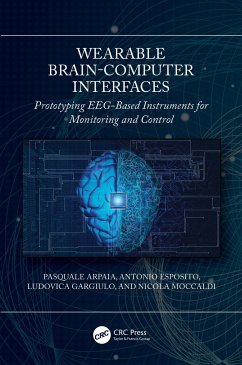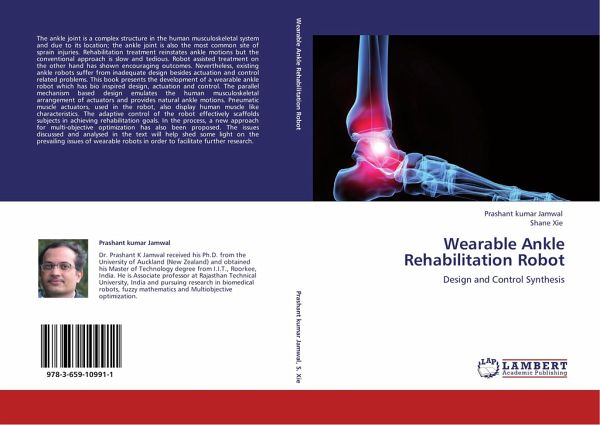
Wearable Ankle Rehabilitation Robot
Design and Control Synthesis
Versandkostenfrei!
Versandfertig in 6-10 Tagen
52,99 €
inkl. MwSt.

PAYBACK Punkte
26 °P sammeln!
The ankle joint is a complex structure in the human musculoskeletal system and due to its location; the ankle joint is also the most common site of sprain injuries. Rehabilitation treatment reinstates ankle motions but the conventional approach is slow and tedious. Robot assisted treatment on the other hand has shown encouraging outcomes. Nevertheless, existing ankle robots suffer from inadequate design besides actuation and control related problems. This book presents the development of a wearable ankle robot which has bio inspired design, actuation and control. The parallel mechanism based d...
The ankle joint is a complex structure in the human musculoskeletal system and due to its location; the ankle joint is also the most common site of sprain injuries. Rehabilitation treatment reinstates ankle motions but the conventional approach is slow and tedious. Robot assisted treatment on the other hand has shown encouraging outcomes. Nevertheless, existing ankle robots suffer from inadequate design besides actuation and control related problems. This book presents the development of a wearable ankle robot which has bio inspired design, actuation and control. The parallel mechanism based design emulates the human musculoskeletal arrangement of actuators and provides natural ankle motions. Pneumatic muscle actuators, used in the robot, also display human muscle like characteristics. The adaptive control of the robot effectively scaffolds subjects in achieving rehabilitation goals. In the process, a new approach for multi-objective optimization has also been proposed. The issues discussed and analysed in the text will help shed some light on the prevailing issues of wearable robots in order to facilitate further research.



